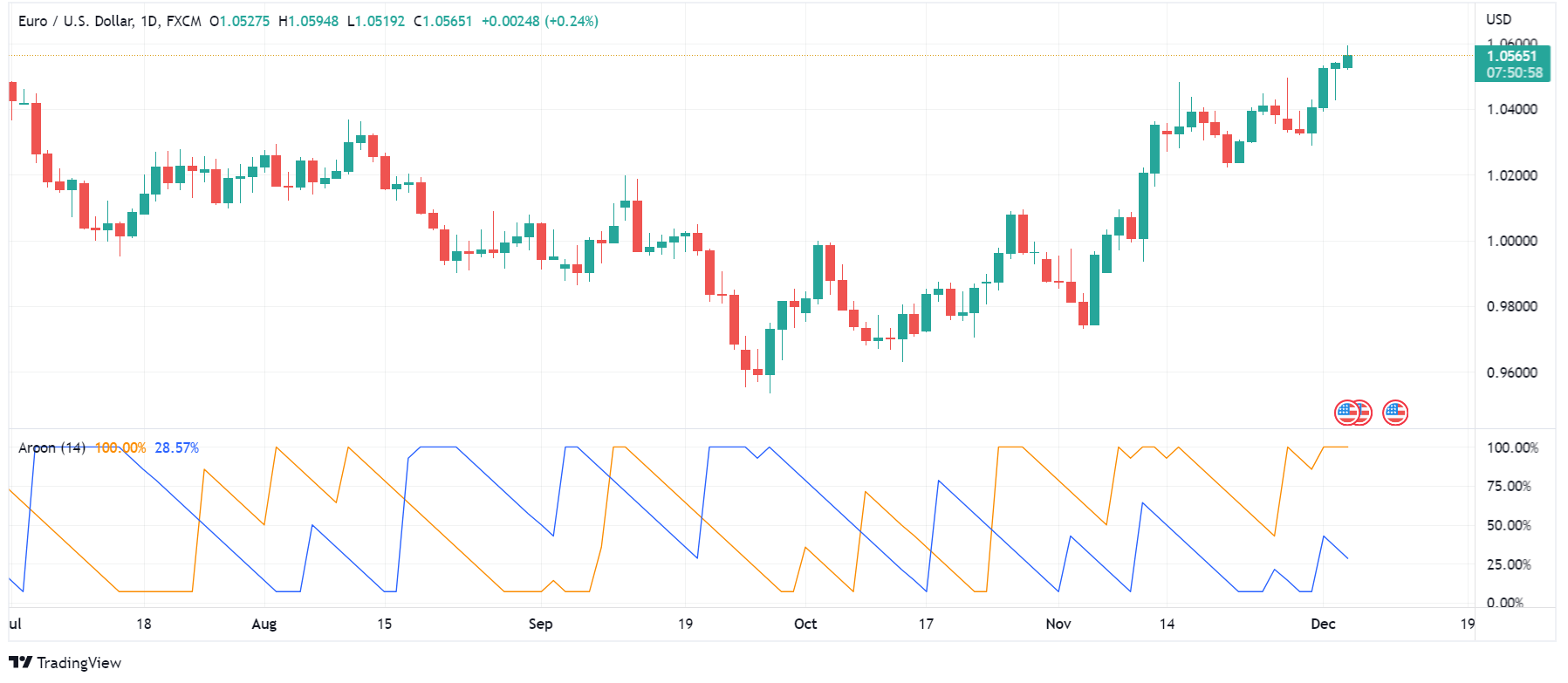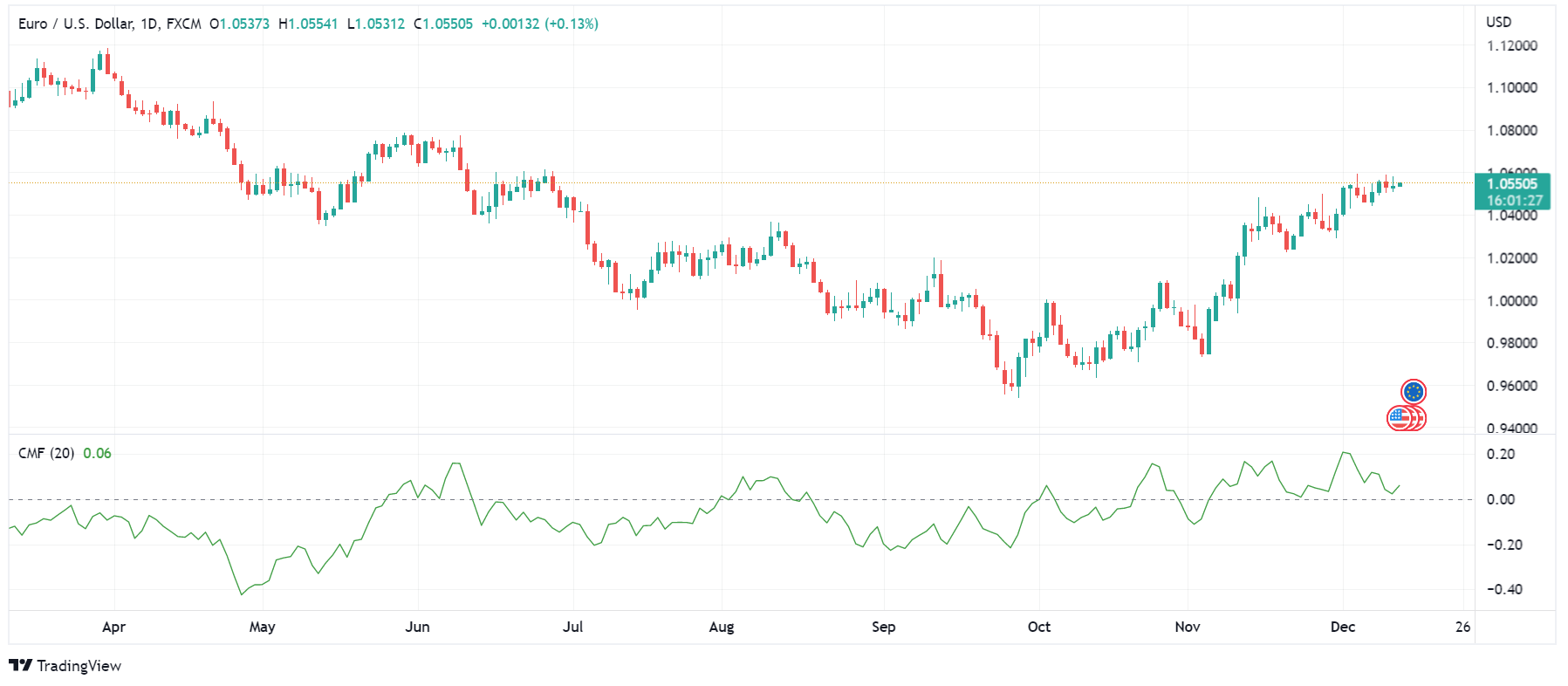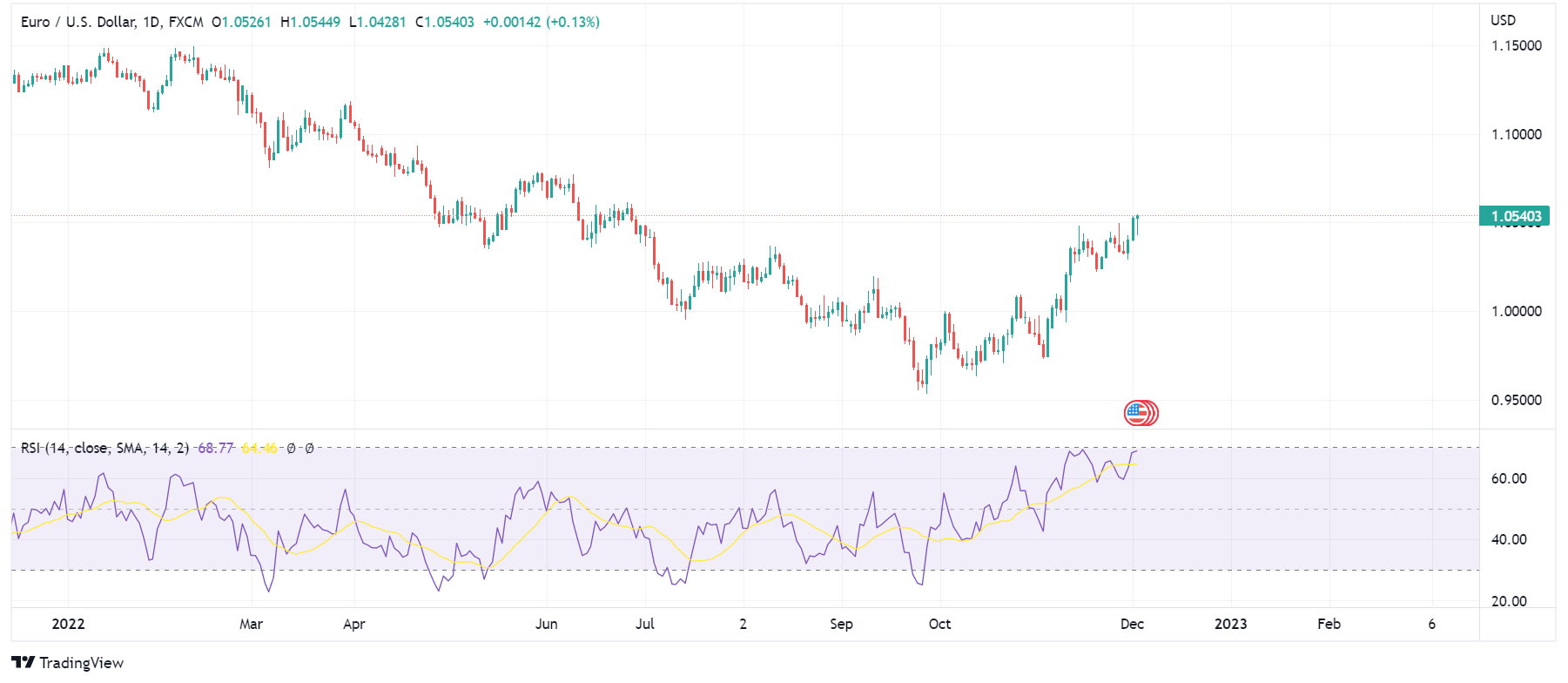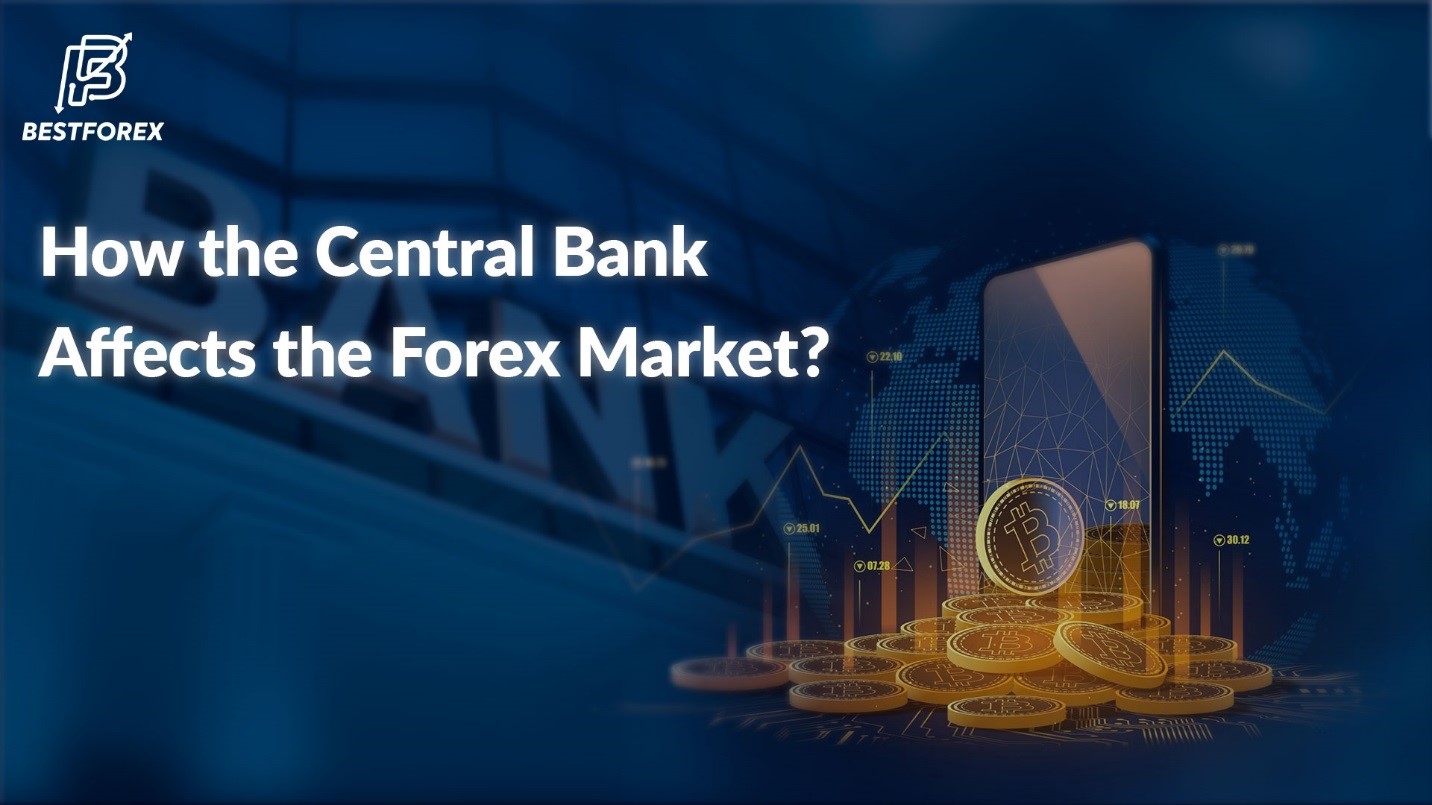
Forex trading
Forex trading is the practice of buying and selling currencies. In any forex business, you must select two currencies. And suppose that one will go up or decline in the deal compared to the other. For example, you imagine USD will intensify compared to the EUR. If it does, you earn a profit. If your prediction is not correct, you take a loss. Forex (Fx) is short for foreign swapping. And forex trading refers to the practice of trading on the foreign swapping market. The forex trading market is not a systemic market. Instead, it’s a worldwide network that works 24 hours a day, five days a week. In the forex market (known as the FX market), traders purchase and sell up the currency pairs based on their value.

Markets
In its most primary sense, the FX market has been about centuries. People have always exchanged or bartered goods and currencies to purchase goods and favorites. However, the FX market, as we understand it today, is a relatively modern initiative. After the organization of stock markets in the past years, experts in new markets have created a world worldwide. Today this market is known as the “forex market”. People created these markets after futures, forex, and CFD markets. Of course, all the above markets are not FX markets. When forex brokers are going to introduce their firm. They state that we are the forex broker and their assets. That includes US stocks, all currency pairs, digital currencies, gold, oil, stock indices, and so on. And you can trade these assets.
The above assets are all that you can trade in a forex broker. But not necessarily all of these be the FX market. In fact, the FX market is derived from foreign exchange, which means foreign currency exchange. In this market, people can trade several currencies equally. For example, suppose! you have 300,000 euros, and you want to convert them to dollars. To convert euros to dollars, you must use the exchange rate.
Central banks
Central banks are autonomous institutions that people use in countries around the world. And they support and manage the commercial banking industry, determine interest rates, and boost financial consistency all over the country. Central banks are mainly accountable for retaining inflation in the relevance of supportable economic development while participating in the overall consistency of the financial system. When central banks guess it essential, they will interject in financial markets with a special framework. traders highly foretaste the performance of this cycle. And it specifies by forex traders seeking to obtain the benefit of resulting currency shifts.
Central Banks are self-determining institutions that people around the world use to run their “commercial banking industry”. Central banks also work as a lender of the ultimate places. Suppose! If a country flops to raise currency via a bond auction, the central bank can lend it to the government to meet the interim liquidity shortage.
Central Banks are state agencies
Central Banks are state agencies. These banks adjust their popular currencies in order to retain the following objectives: healthful economic milieu, par exports and imports, inhibit inflation, and stimulate development within their economies. Central banks have an upstanding impact on the financial markets. The Central Bank is accountable for holding its native economic affairs disciplined while staying competitive in the worldwide surroundings.
We explained the central bank and its importance in the financial markets briefly. We going to expand the discussion. And we will discuss the effects of the central bank and its employees on the FX market. The FX market not only has many players. But many types of players are related to central banks, which represent their country’s government. They are far more important players in the FX market. Open market actions and interest rate policies of central banks impress currency rates to a very huge scope.
A central bank is accountable for stabilizing the value of its local currency on the FX market. This is the exchange rate organization by which its currency will trade in the open marketplace.
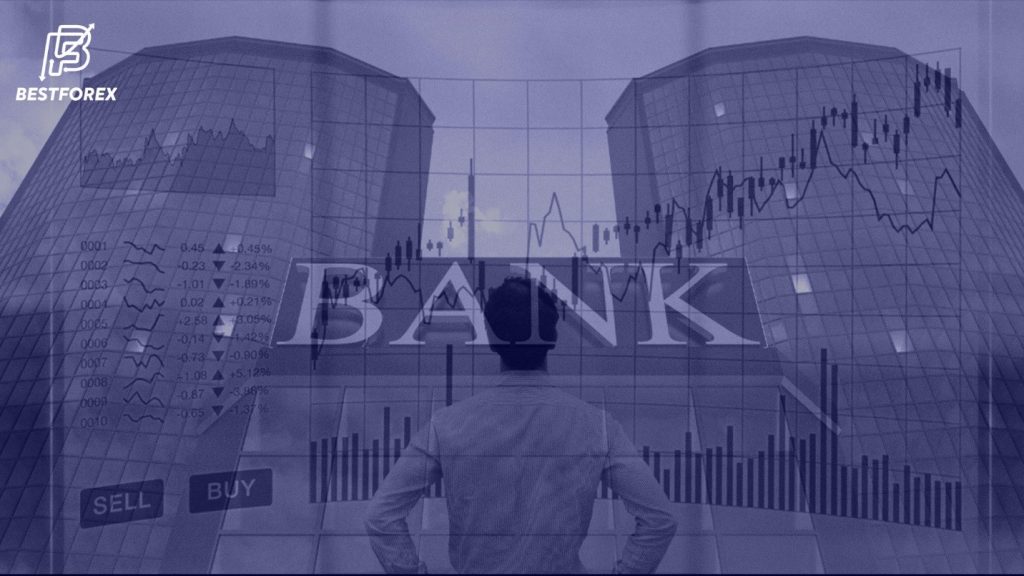
The influence of the central bank on the increase or decrease of the currency
The influence of the central bank on the increase or decrease of the currency
Any operation derived by a central bank in the forex is accomplished to fix or increment the competitiveness of that creed’s economy. Central banks can employ currency interpositions to make their currencies appreciate or decrease. For example, a central bank may attenuate its own currency by creating extra supply within periods of long deflationary trends. Which is afterward used to make a purchase of foreign currency. This effectively weakens the native currency, making markets more competitive at the global level. Central banks are primarily responsible for maintaining inflation in favor of sustainable economic growth while also contributing to the overall stability of the financial system.
Central banks will intermeddle in the financial markets according to the defined monetary policy framework when necessary. This policy is executed by forex traders who seek to take advantage of currency changes. And they closely monitor and predict currency changes.
Central Banks Intermeddle in the Financial Market
Open market operations (OMO) explain the process by which states buy and sell government securities in the open market with the target of extending or contracting the value of money in the banking system.
We often know the central bank rate as the alleviation or federal funds rate. It is set by the monetary policy committee with the target of incrementing or declining economic activity. This can seem unexpected, but inflation happens in an economic system with an extreme increase in demand and prices, and this is what central banks aim to hold at a balanced level.
If a state has a balanced debt-to-GDP ratio and is incapable to raise money through saving bond auctions, the central bank can lend the government money to cover its interim liquidity crunch.
Having a central bank as a last resort also increments investor confidence. Investors feel more comfortable with governments honoring their debt obligations, and this causes the borrowing costs of the government to decrease significantly.
The Role of Central Banks in the Forex Market
Central banks are primarily accountable for holding inflation in order to sustainable economic growth while contributing to the overall consistency of the financial system. Central banks will intermeddle in the financial markets when they suppose necessary according to the defined venal policy framework. The decisions and policies of central banks are closely monitored and predicted by forex traders who seek to take benefit of the fluctuations resulting from these decisions.
The Central Bank Intervenes in the Market
Usually, the central bank intermeddles in the forex market when the state’s native currency is under severe market pressure. Usually, this upward or downward pressure comes from investors. For example, a considerable diminishing of the value of the native currency can have bad consequences as follow:
- The fall in the value of the national currency can considerably increase the price of imported goods and services and lead to rapid inflation growth. The rapid growth of inflation will eventually force the central bank to raise the interest rate. The increase in interest rate will harm the stock market and economic development of the country, and as a result, the value of the national currency will diminish again.
- A country with a high current account deficit will have difficulty compensating for its deficit over time. To solve this problem, the interest rate will grow so that the value of the national currency may be maintained, and finally, the economic growth of the country will decrease again.
- The reduction of the national monetary value causes the equality rate of the national currency against trading partners to decrease significantly, and with the devaluating of the native currency, the cost of exports of trading partners to the country increases, and as a result, not only economic development slows down, but also to export economies. And the process runs into trouble, which means that this work will have a negative effect on others.
- Central banks usually buy foreign currency and sell local currency if the value of the national currency is strengthened too much. The central bank always seeks to support the native economy.
Different Types of Intervention in the Forex Market
Intermediations of the central bank in the FX market have various shapes and forms. There are usually four types of intermediations listed below:
Verbal intervention, which indirectly affects the market.
Practical intervention, which has a direct effect on the market.
Coordinated intervention can have a direct or indirect effect.
A sterilized intervention indirectly affects the forex market but does not change the money supply.
Verbal intervention occurs when central bank officials seek to weaken or strengthen the national monetary value with their words. Verbal intervention is usually accompanied by the threat of actual intervention in the market or by central bank officials declaring that the national currency is overvalued or undervalued. This method is the simplest and cheapest type of intervention in the market because people in the central bank do not use the central bank’s currency reserves. However, the effectiveness of this method depends on how much credibility the central bank has in the market.
In practical intermediation, the central bank enters the currency market and buys or sells the desired currency. The intermediation of the Swiss central bank in the FX market is one of the most popular interventions in the history of the market! You can learn more about this event on this page.
Consonant intervention happens when several states enter the market to deliberately weaken or strengthen a currency and use their foreign exchange reserves to manage prices. The success of this type of intervention depends on the extent and volume of interventions. Coordinated intervention can be in the form of verbal or verbal intervention. Intervention without changing the amount of money. In this style of intervention, the central bank buys or sells a certain currency, but there is no shift in the native money cash. This type of intervention has no change in the short-term interest rate.
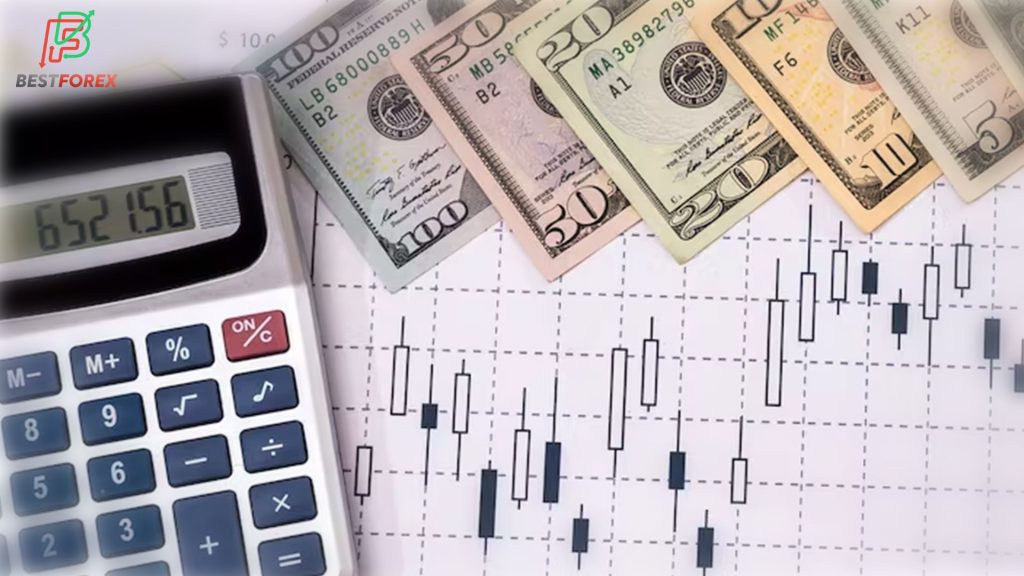
The Effect of Central Bank Interventions on the Forex Market
Before it can be specified that the central bank’s intervention in the market was successful, it is essential to define ‘success in the intervention’. We can call the intervention successful if the central bank supports the local currency. Even if the value of the local currency diminishes again in the next two trading sessions, still the central bank has succeeded in impressing the market. Because the next time the central bank threatens the market with intermediation, the market will respect that threat.
Size of Interventions
The size of the intermediation in the market is also important. Central banks have important foreign exchange reserves, and the more the central bank’s foreign exchange reserves are, the greater the impact of the intervention on the market will be. The timing of intermediation in the market is important as well. If the central bank abruptly intervenes in the market and shocks the investors, the effect of the intervention on the prices will be stronger.
Suggestions to Face Banks’ Interventions
It is suggested that during the intermediation of the central bank in the market, forex traders act with prudence and do not engage with the market as much as possible. A simple sell order from the central bank can very rapidly activate all partial investors’ stop-loss orders and amplify selling hardness. Usually, central banks enter the market from the main levels. That is if the central bank seeks to fix the native currency. It will provide the main backing of the market.
Forex traders often monitor central banks’ acts so they can attain good data about interest rate increments or decreases, and they can make successful forex dealings by correctly measuring the rate of currency pairs.
When the central bank increments the interest rate, traders go long for that currency but stunt the currency when the interest rate declines. Changes in interest rates by the central bank make good trading chances for traders. They can make a profit by making the difference between two exchange rates in their currency transactions.












